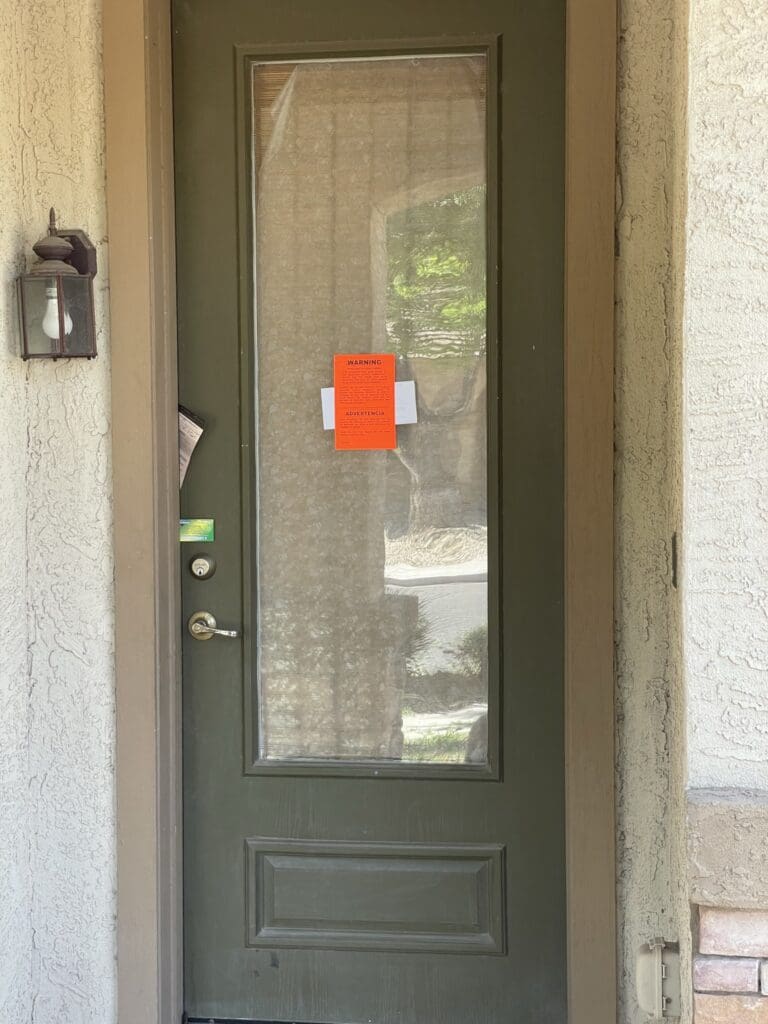Often, Arizona tenants will leave personal property on the premises after they have been evicted. As a landlord you cannot simply keep or throw away the former tenant’s belongings. The Arizona Landlord-Tenant Act requires the landlord to you maintain their possessions for at least 14 days.
Per A.R.S. § 33-1368(E) a landlord, must hold the evicted tenant’s possessions for a minimum of 14 days from the day the Writ of Restitution was executed (day the constable removed the tenants) issued.
As A landlord, you may
- Keep the tenant’s belongings that the rental property for the 14 days,
- Move the tenant’s belongings to an off-site storage facility,
- Require the tenant to reimburse you for the actual cost of moving and storing their belongings during the 14-day period,
- Prohibit the tenants from ever returning to the property without your explicit permission.
As a landlord you may NOT
- Arizona landlords cannot require their former tenant pay for eviction judgment prior to releasing the belongings to them. Meaning you cannot require a tenant pay you for all back rent, late fees, attorneys’ fees, and court costs prior to returning their belongings. Again, an Arizona landlord may only demand payment for the actual cost of storing and moving the tenants’ belongings.
- Dispose of the tenant’s property prior to the expiration of the 14 days.
catalogue the tenants’ belongings
You should itemize everything left behind by the tenants. If you do choose to remove the tenant’s belongings from the rental property, use considerable care, you will be responsible for any damage to their belongings. It is a good idea to photograph (take 100 – 200 pictures), and/or video the rental property so that you have an inventory of what was left behind. This will also give you the opportunity to catalog any damage to the rental unit itself. Take the inventory prior to moving any of the personal property from the rental unit.
After the 14-day period, if there has been no contact from the evicted party, and they have not claimed, or made and agreement to claim their property, an Arizona landlord may sell the items or dispose of the items that were left behind.

If you are a landlord and need help from an Arizona eviction attorney, then contact the Dunaway Law Group at 480-702-1608 or message us HERE.
These blog posts are not intended, nor shall they be deemed to be the rendering of legal advice. Reading these blog posts does not create an attorney-client relationship, nor shall it impose an obligation on the part of the attorney to respond to further inquiry. The Dunaway Law Group limits its practice to the states of Arizona and New York.
